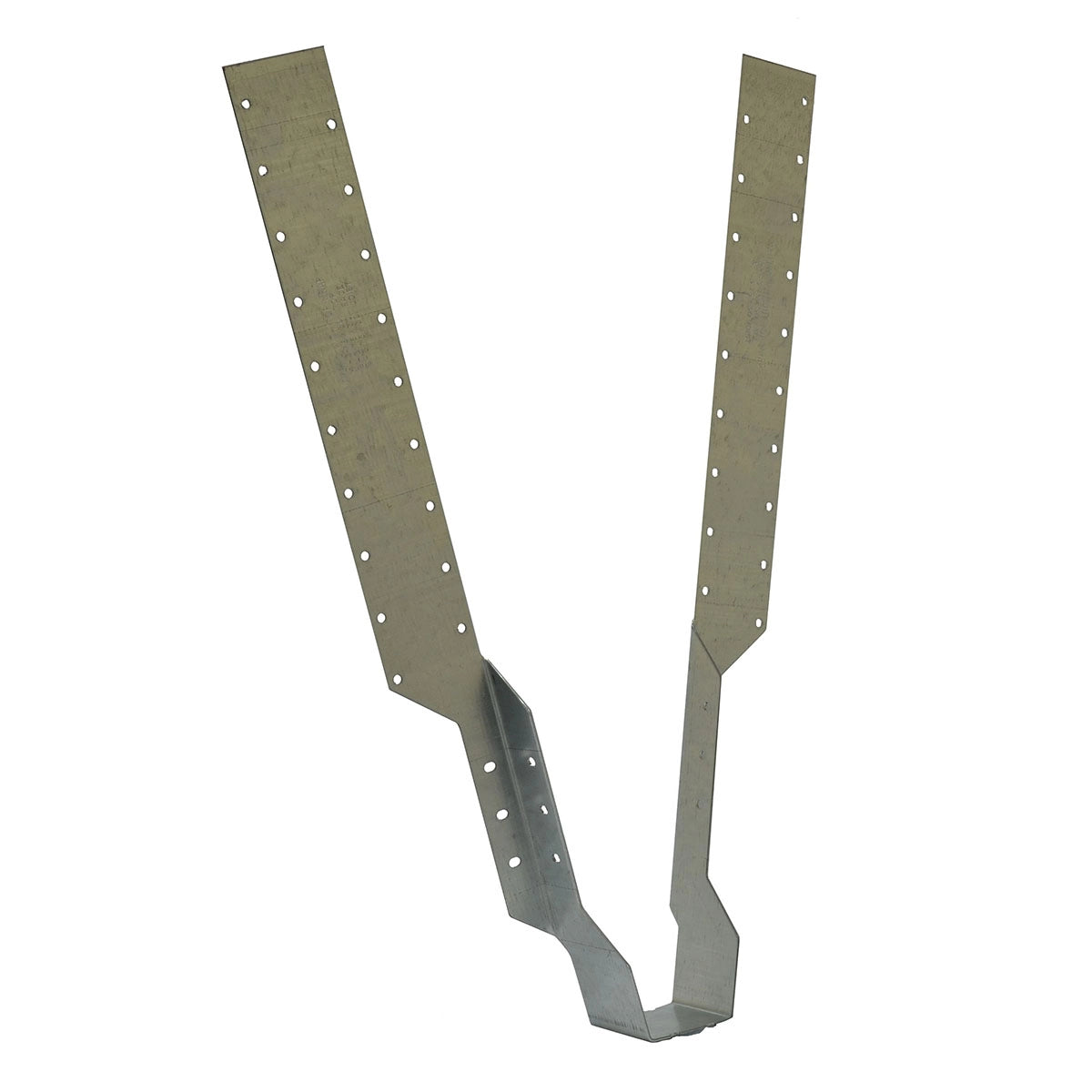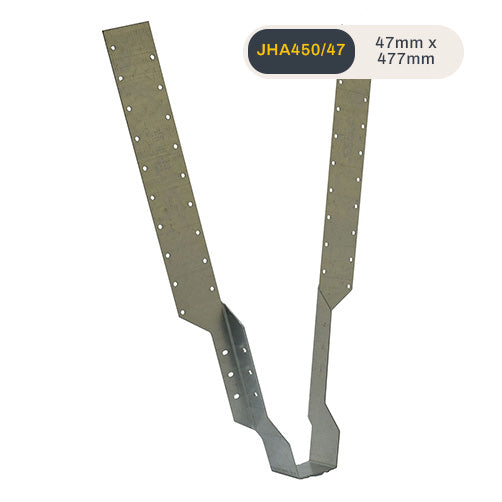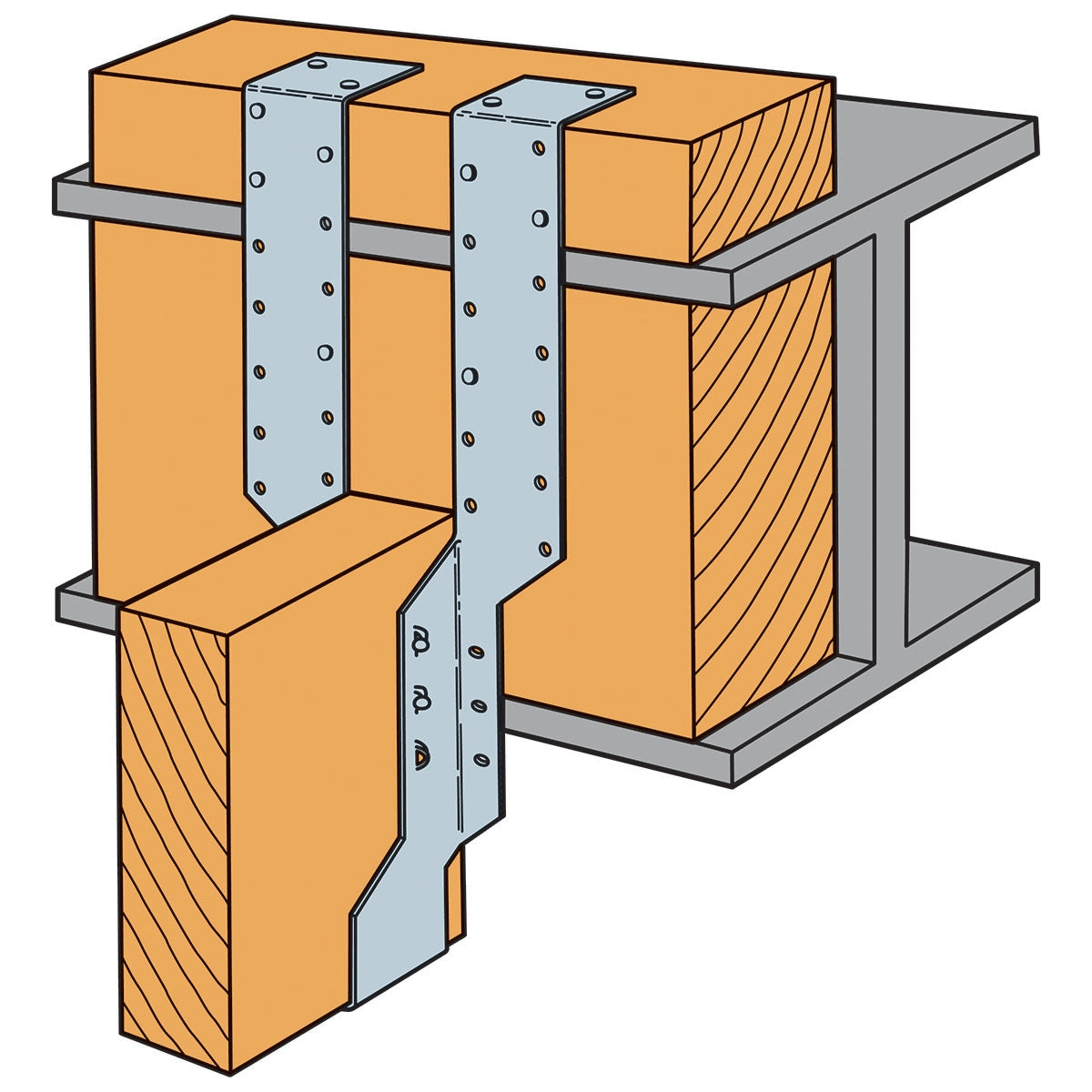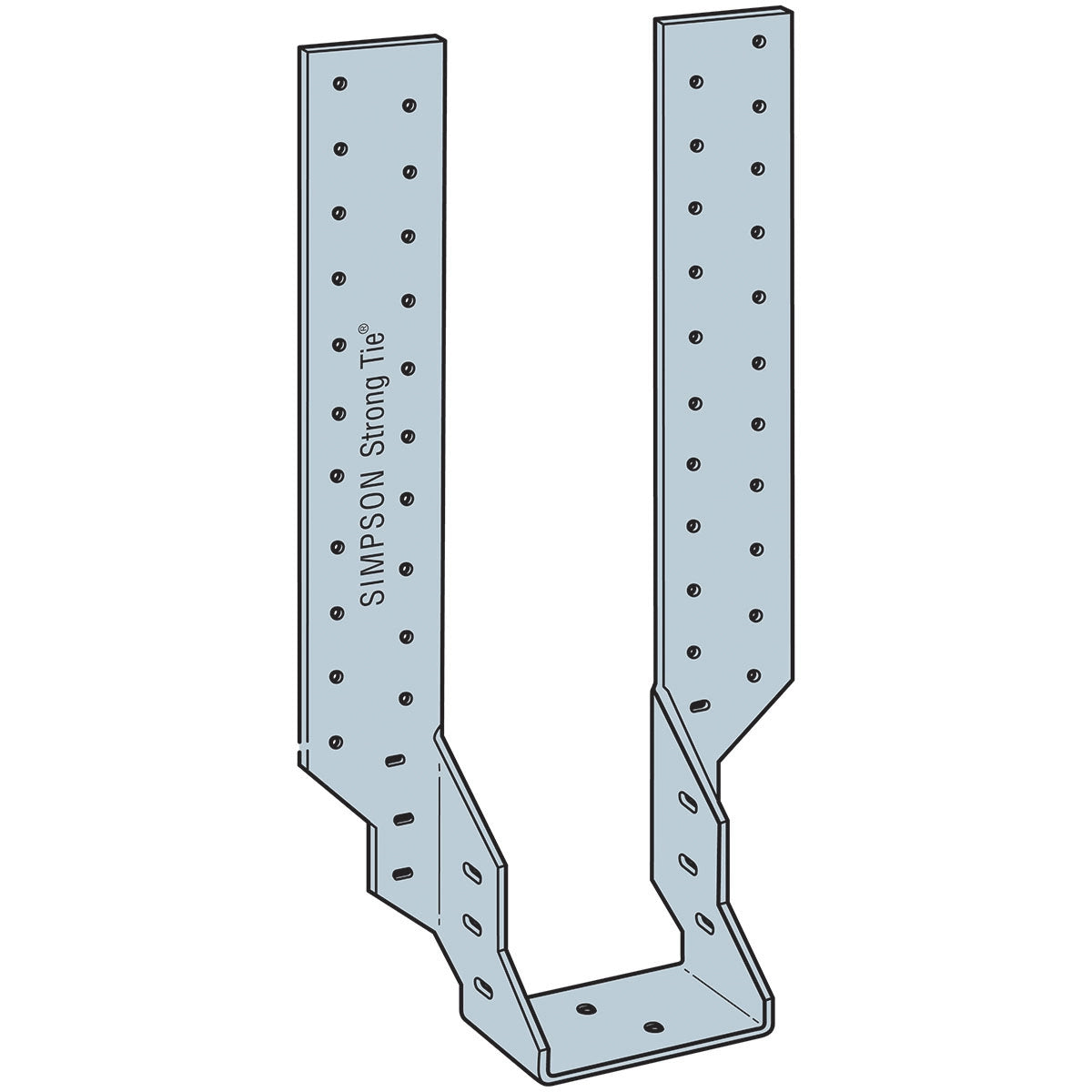Adjustable Height Timber to Timber Joist Hanger 477mm x 47mm JHA450/47
Adjustable Height Timber to Timber Joist Hanger 477mm x 47mm JHA450/47 is backordered and will ship as soon as it is back in stock.
Connect solid timber joists with these galvanised steel joist hangers - commonly used in the construction of decking frames. Height adjustable, these hangers can be bent to fit a range of timber joist widths - simply bend the adjustable straps around the connecting joist for a secure fit.
- Adjustable strap is wider, allowing for increased nail spacing for a more secure fit
- Features speed-prongs to allow temporary holding of the joist for easy installation
- 2mm thick
- Suitable for use with timber joists
Technical Documents
-
Thickness
-
Width477mm
-
Material
Large Order or Specific Requirement?
CALL OUR TEAM
0115 6976 800













